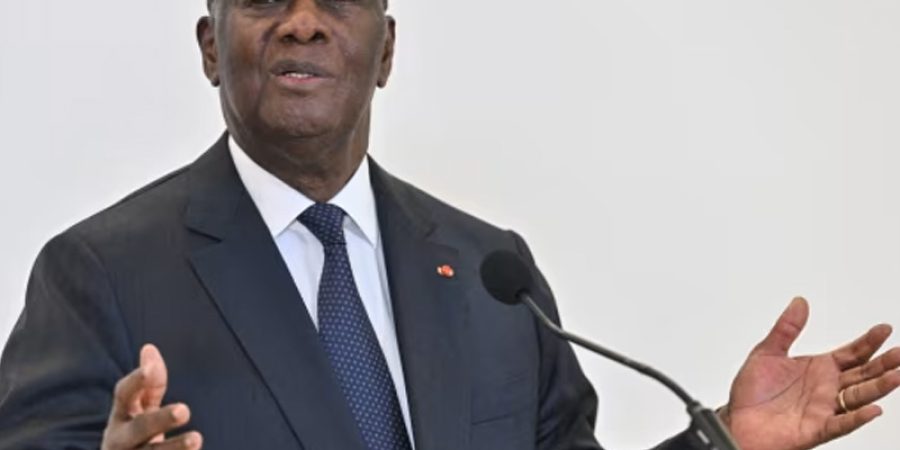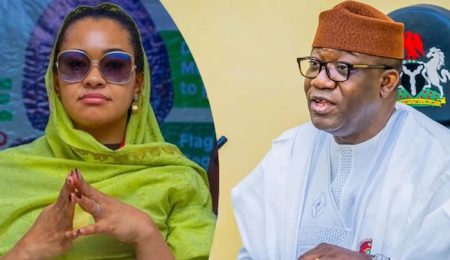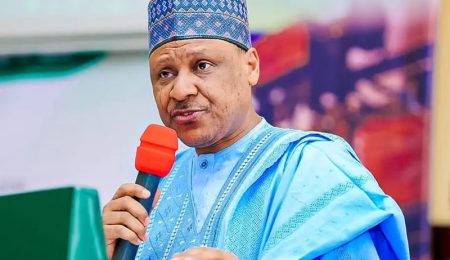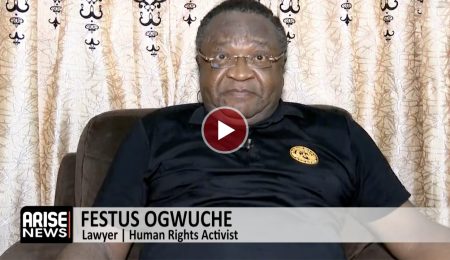Ivory Coast President Alassane Ouattara has secured a fourth term in office with a sweeping 89.77% of the vote, according to provisional results announced on Monday, following an election marked by low voter turnout and the absence of major opposition figures.
The 83-year-old leader’s overwhelming victory came as no surprise in a race widely viewed as uncompetitive. His nearest challengers — former Commerce Minister Jean-Louis Billon and former First Lady Simone Gbagbo — captured just 3% and 2.4% of the vote, respectively. Both opponents have since conceded defeat, with Billon congratulating Ouattara on Sunday and Gbagbo following suit a day later, ensuring a peaceful post-election atmosphere in contrast to the deadly unrest that followed the 2010 election crisis.
The vote, however, underscored deepening political fatigue. Prominent figures such as Laurent Gbagbo and Tidjane Thiam were barred from running, leaving the field to minor candidates without strong party backing. The result was a turnout of only 50%, reflecting widespread public apathy.
“There was no reason to vote. Everything was arranged for Ouattara to win,” said one voter in Abidjan.
Political analysts say the outcome highlights the decline of competitive politics in Ivory Coast, part of a wider regional trend of “constitutional engineering” and democratic regression across West Africa, where term-limit extensions and weakened opposition forces have become increasingly common.
Despite having presided over a decade of economic growth and stability, Ouattara’s re-election has reignited questions about succession and the long-term future of leadership in Ivory Coast. He has repeatedly pledged to groom a new generation of leaders, but divisions within his ruling Rally of Houphouëtists for Democracy and Peace (RHDP) party and the absence of a clear heir leave the country’s political direction uncertain.
Observers warn that without a transparent succession plan, Ivory Coast risks renewed instability once the aging president eventually steps down.
As provisional results await confirmation by the Constitutional Council, attention is now turning to how Ouattara will use his new mandate — whether to cement his legacy as a stabiliser and reformer or risk further entrenching power in a fragile democracy.
Melissa Enoch
Follow us on:



